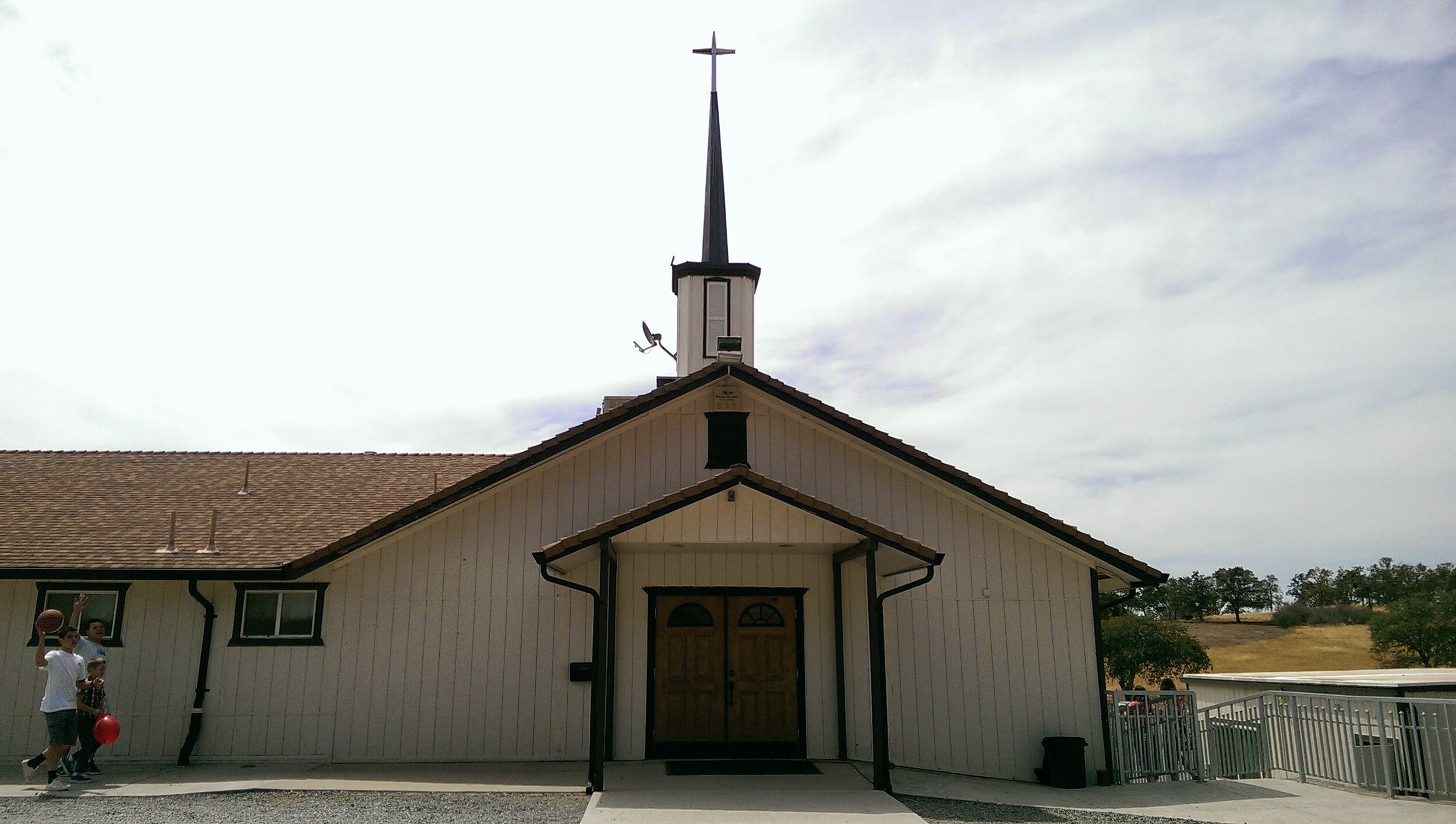By this time next week (as of this writing it is Thursday, October 28) the 2020 presidential election will be in the books, thankfully and hopefully.
When you get to the end of The Book, God’s Book, the Bible, you come to the two most important books regarding each one of us, “And I saw a great white throne and the one sitting on it. The earth and sky fled from his presence, but they found no place to hide. I saw the dead, both great and small, standing before God’s throne. And the books were opened, including the Book of Life. And the dead were judged according to what they had done, as recorded in the books. The sea gave up its dead, and death and the grave gave up their dead. And all were judged according to their deeds. Then death and the grave were thrown into the lake of fire. This lake of fire is the second death” Revelation 20:11-14 (NLT2).
“The books,” are the complete, uncensored, record of each one of our lives. All we did and didn’t do that we should have done can be found in each one of our books. Every action, every thought, every word, every decision, every intent, and every motive, it’s all there in each one of our books. Every single sin of both commission and omission impartially recorded. No room to wiggle, dodge, point fingers, and make excuses. Nothing but full exposure, the naked truth about each one of us.
“The books” will clearly and incontrovertibly evidence what God’s Book, the Bible, has testified for thousands of years, namely, that we are sinners, each one of us, “ For everyone has sinned; we all fall short of God’s glorious standard” Romans 3:23 (NLT2);
“Who can say, ‘I have kept my heart pure; I am clean and without sin?’” Proverbs 20:9 (NIV);
“If we claim that we've never sinned, we out-and-out contradict God—make a liar out of him. A claim like that only shows off our ignorance of God” 1 John 1:10 (MSG). It is what is in each one of our books that will condemn us, not God the righteous judge.
Did you notice that no one escapes the final judgement of God, everyone who ever lived will be summoned and will appear. Secondly, no one survives God judgment on what is found in our books, our own full record. Each one of us will be found guilty, suffer the “second death,” eternal damnation in the “lake of fire,” or in plain English, go to hell. - Except.
Except, if your name is found in the “the book of life” the most important book of them all. It is also called “the Lamb’s book of life” (Revelation 13:8), “Lamb” being a synonym for Jesus Christ, and shorthand for sacrificial lamb. When the prophet John the Baptist’s saw Jesus, the first words out of his mouth were, "Look, the Lamb of God, who takes away the sin of the world!” John 1:29 (NIV). Jesus died for the whole world, including you and me, but as the “great white throne” passage above makes clear, our names are not automatically written in Jesus book of life. It is only when we believe in Him, when we call on His name to save us, that His righteousness is transferred (imputed) to us, our sin debt is paid for by Him, we receive mercy instead of condemnation, and our names are written in “the book of life. “If you confess with your mouth, ‘Jesus is Lord,’ and believe in your heart that God raised him from the dead, you will be saved. For it is with your heart that you believe and are justified, and it is with your mouth that you confess and are saved (from eternal judgment)” Romans 10:9-10 (NIV, parenthesis mine).
Like the 2020 election, eventuality your entire life will also be in the books, over and done. Until then the three most important books in your library are the Bible, the book of your life, and Jesus book of life. Built the one in the middle around the other two, and hell can’t have you and heaven will welcome you.
To God be all glory.
Love you, Pastor Hans

